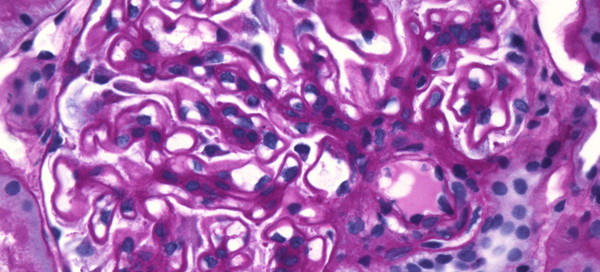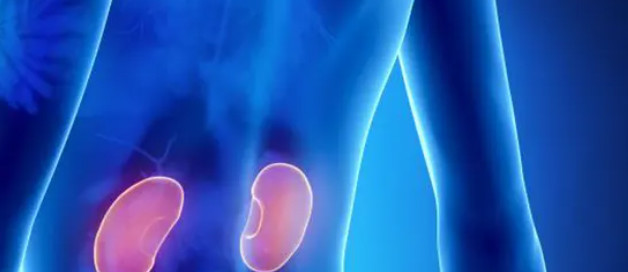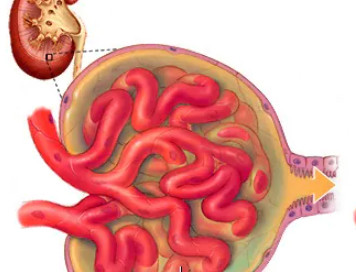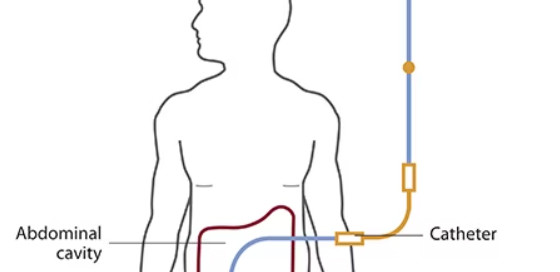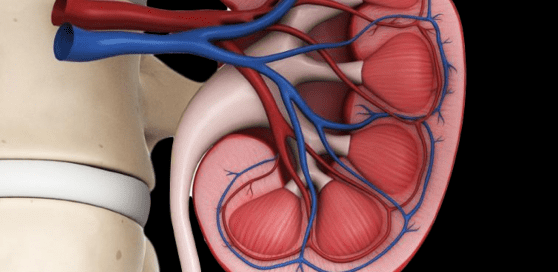Membranous Nephropathy
Membranous nephropathy is an important cause of nephrotic syndrome in adults. This condition is exciting in nephrology because the pathogenic antibody for the majority of cases of primary idiopathic membranous nephropathy has been discovered. This is the phospholipase A2 receptor (PLA2R) antibody. Clinical Presentation Often presents as full blown nephrotic syndrome with severe

